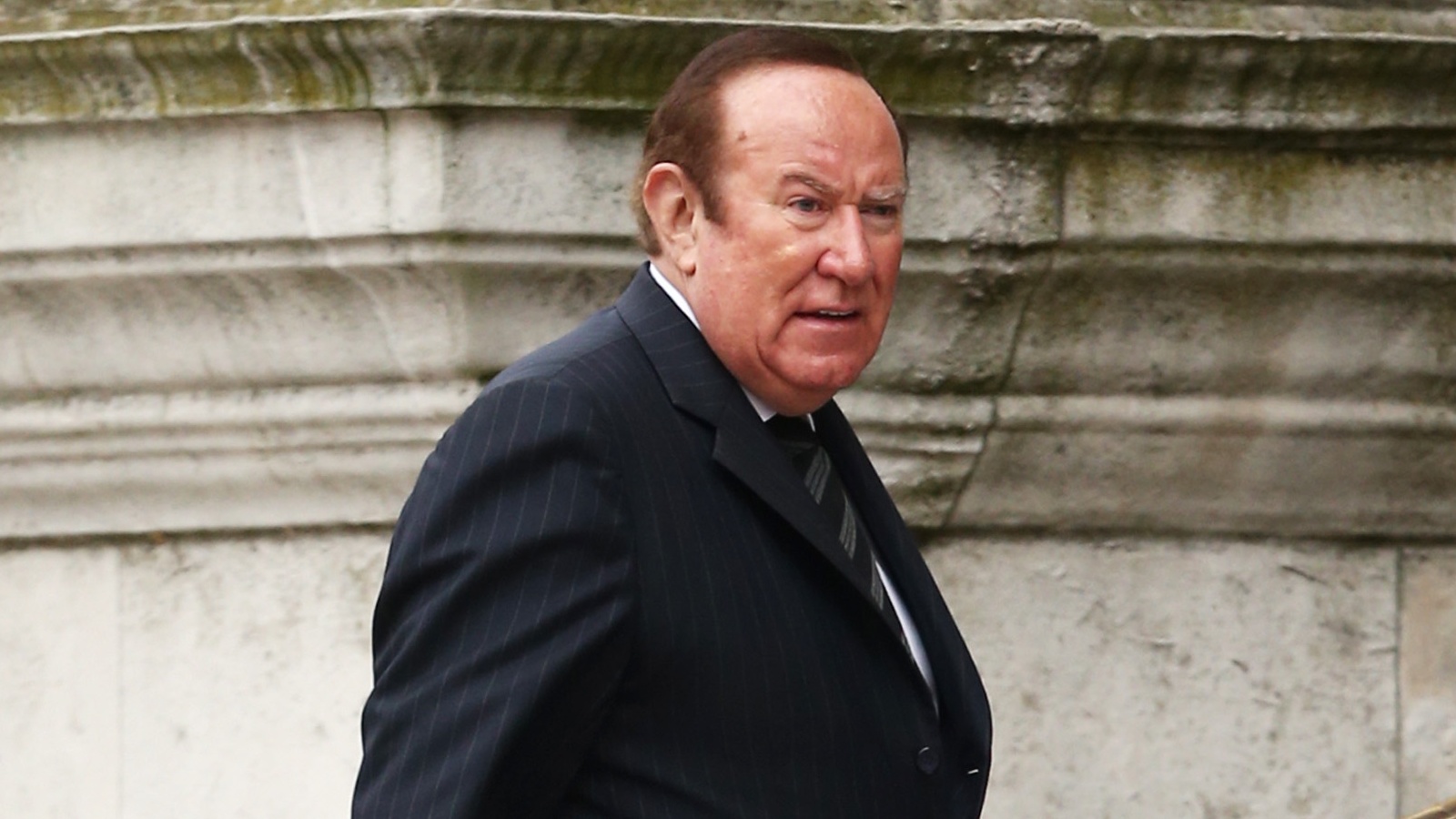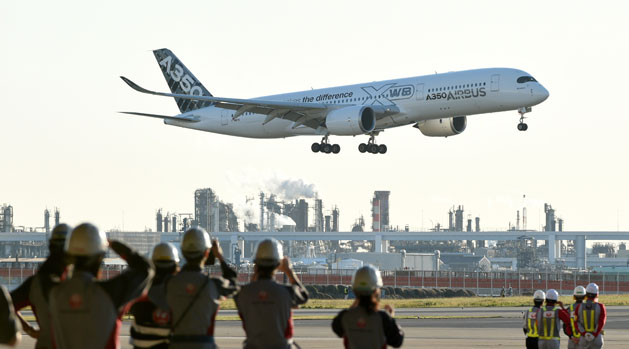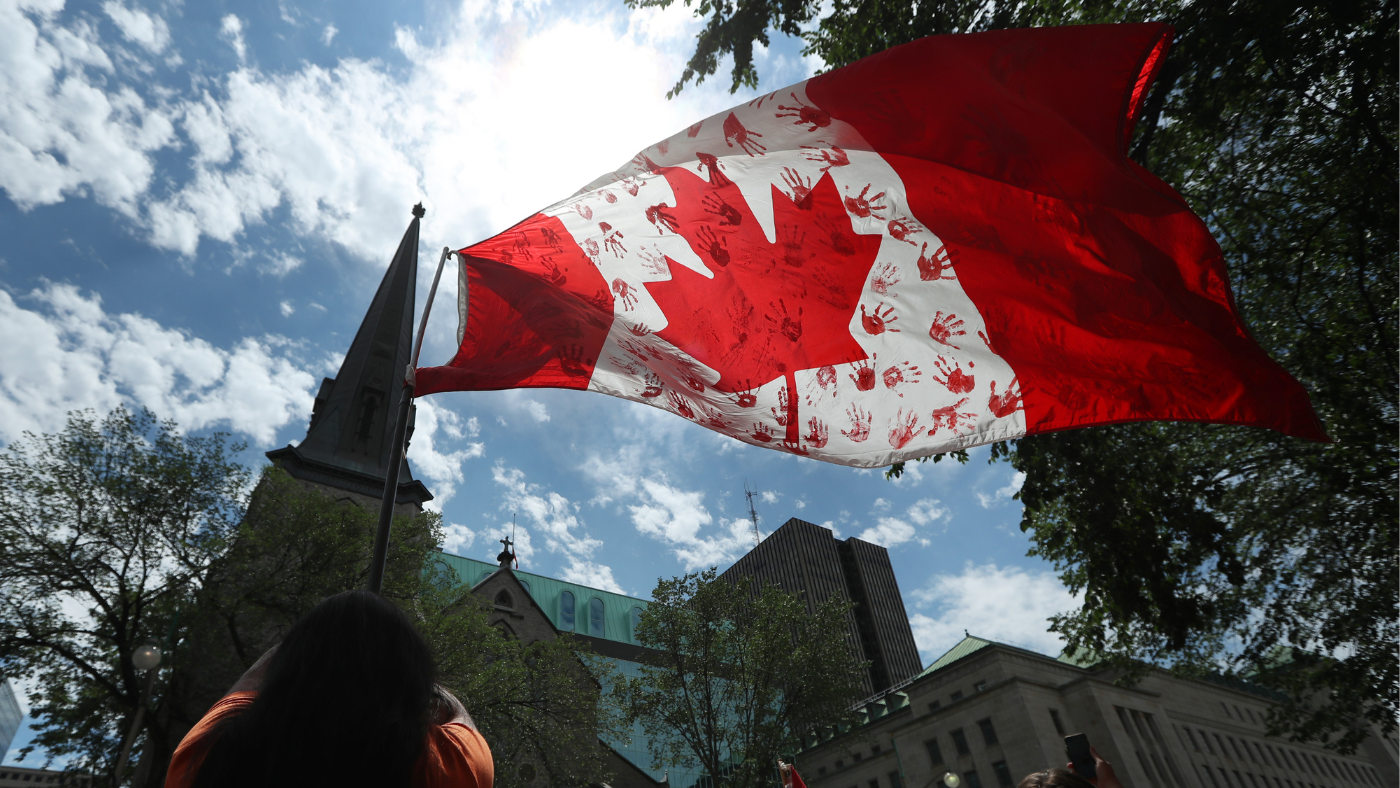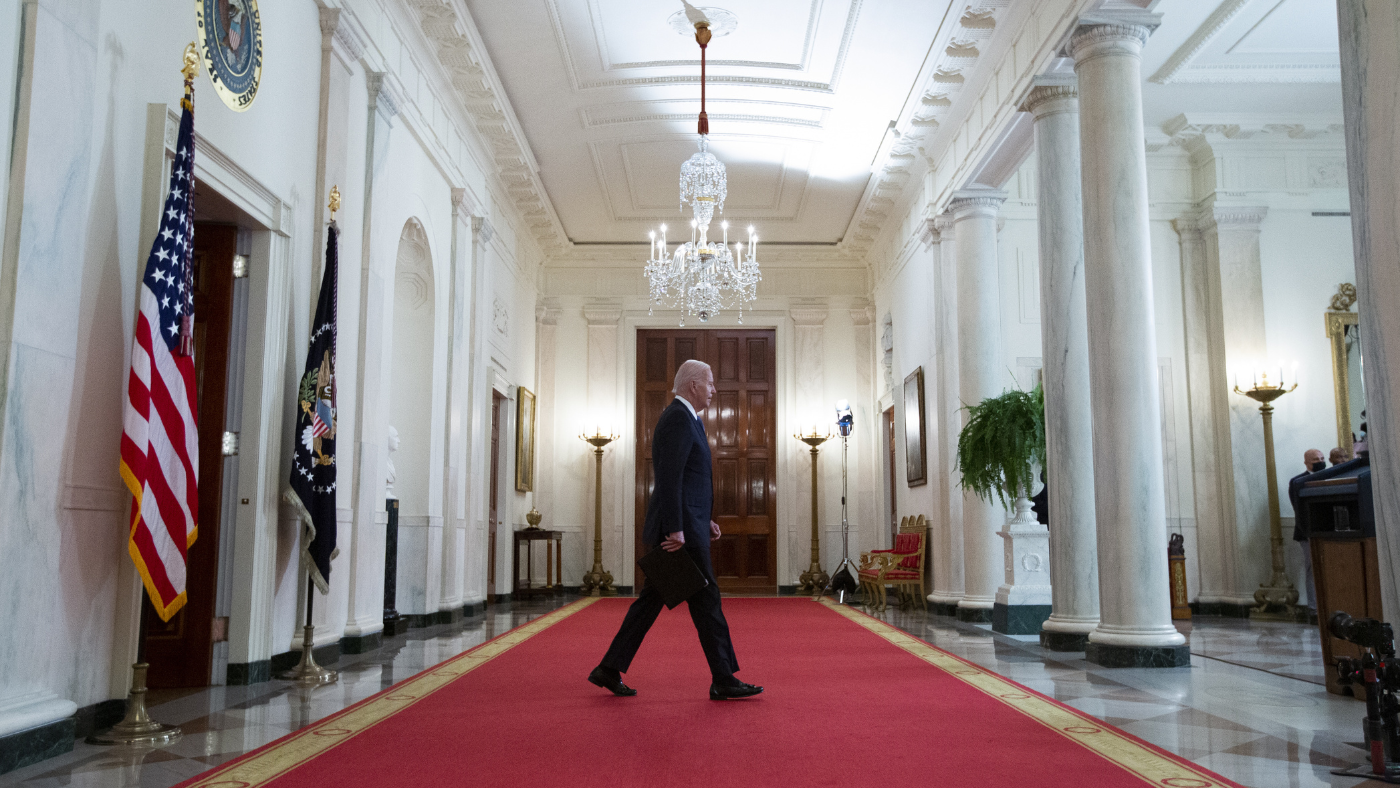‘With Andrew Neil gone, GB News is no longer a serious enterprise’
Your digest of analysis from the British and international press

- 1. Failure of GB News is a warning to the right
- 2. Young people who choose to ‘lie flat’ instead of work may pay a high price in the future
- 3. This Government will be swept away unless they find a story to tell
- 4. Dip in suicide rates over lockdown may offer lessons for life after Covid
- 5. Occupy Wall Street Did More Than You Think
A free daily email with the biggest news stories of the day – and the best features from TheWeek.com
You are now subscribed
Your newsletter sign-up was successful
1. Failure of GB News is a warning to the right
Daniel Finkelstein in The Times
on a failure to thrive
“Launching a new television station is hard, and I always thought GB News would find things tough”, writes Daniel Finkelstein in The Times. “I did, however, want it to succeed.” But with Andrew Neil gone, so has “any chance of GB News being a serious journalistic enterprise”, writes Finkelstein. “I strongly suspect viewers will decide to take back the remote control”, he quips. Now the channel is “only useful as a warning”. Namely, of the danger of the right “speaking only to ourselves”. “Powerful people commiserating with each other about how powerless they are isn’t much of a basis for a political movement. Or even, as it turns out, for a niche TV channel.”
The Week
Escape your echo chamber. Get the facts behind the news, plus analysis from multiple perspectives.

Sign up for The Week's Free Newsletters
From our morning news briefing to a weekly Good News Newsletter, get the best of The Week delivered directly to your inbox.
From our morning news briefing to a weekly Good News Newsletter, get the best of The Week delivered directly to your inbox.
2. Young people who choose to ‘lie flat’ instead of work may pay a high price in the future
Hamish McRae in The Independent
on a social phenomenon
“The job market is booming on both sides of the Atlantic,” writes Hamish McRae in The Independent. “But many people, particularly the young and well-educated, don’t want to take the jobs on offer. Instead, they would prefer to ‘lie flat’”. A social phenomenon that began in China, it calls on young workers to “opt out of the struggle for workplace success, and to reject the promise of consumer fulfilment”. “While it can be dismissed as self-indulgent, the lie flat movement is a reaction to some aspects of society, including excessive materialism, that we should all question,” writes McRae. “I just worry that too many people will discover that what seems a wise choice now may seem rather less prudent in a few years' time.”
A free daily email with the biggest news stories of the day – and the best features from TheWeek.com
3. This Government will be swept away unless they find a story to tell
Sherelle Jacobs in The Telegraph
on political narratives
Boris Johnson has become “a leader without a story”, writes Sherelle Jacobs in The Telegraph. “Stripped of his rebellious, Churchillian optimism, he becomes apparent as a figure riven with contradictions,” she continues. “He is reportedly raring to get back to normal – but also not quite willing to rule out definitively a winter circuit-breaker or other draconian Covid restrictions.” Meanwhile, “[h]e wants to reboot the economy – but is willing to pummel it with taxes to prop up the NHS.” “He has seemingly decided to protect his landslide majority by occupying the Opposition’s centre-Left territory, while keeping lifelong conservatives just about on side,” writes Jacobs. “He would do well to heed WB Yeats’ dismaying words, which Didion is famed for taking mainstream, ‘Things fall apart; the centre cannot hold’.”
4. Dip in suicide rates over lockdown may offer lessons for life after Covid
Jemima Kelly in the Financial Times
on community
While the UK’s mental health may have been “negatively affected by Covid in many ways”, new evidence suggests “the number of people dying from suicide actually appears to have fallen when England and Wales went into lockdown,” writes Jemima Kelly in the Financial Times. While this may sound “counterintuitive”, there is “a precedent for such a phenomenon”. In fact, “research has consistently shown that during periods of war, suicides fall. This is because at times of national crisis, social cohesion and altruism tend to increase, meaning that people often feel less isolated”. “In the soul-searching that will follow this pandemic, perhaps we can reflect on how to foster a sense of ‘all being in this together’ without the need for a global crisis,” she concludes.
5. Occupy Wall Street Did More Than You Think
Michael Levitin in The Atlantic
on Occupy's legacy
“[O]n the tenth anniversary of Occupy Wall Street, it’s clear that the movement has had lasting, visible impacts on our political and cultural landscape,” writes Michael Levitin in The Atlantic. “At its core, Occupy made protesting cool again – it brought the action back into activism – as it emboldened a generation to take to the streets and demand systemic reforms”, writes Levitin. “More deeply, the movement on Wall Street injected activists with a new sense of courage: Confronting power and issuing demands through civil disobedience is now an ingrained part of our political culture.” “In the years since, a cascade of social movements influenced by Occupy have altered the national conversation, including Black Lives Matter, #MeToo, the Women’s March, Indivisible, and March for Our Lives,” Levitin continues. “Occupy provided a blueprint for how popular dissent and demands can change America. Now a new 99% must write the next chapter.”
-
 How the FCC’s ‘equal time’ rule works
How the FCC’s ‘equal time’ rule worksIn the Spotlight The law is at the heart of the Colbert-CBS conflict
-
 What is the endgame in the DHS shutdown?
What is the endgame in the DHS shutdown?Today’s Big Question Democrats want to rein in ICE’s immigration crackdown
-
 ‘Poor time management isn’t just an inconvenience’
‘Poor time management isn’t just an inconvenience’Instant Opinion Opinion, comment and editorials of the day
-
 Boris Johnson shocks UK by resigning from Parliament
Boris Johnson shocks UK by resigning from ParliamentSpeed Read
-
 Bees delay flight for three hours
Bees delay flight for three hoursfeature And other stories from the stranger side of life
-
 The Week Unwrapped: Russian visas, Arab fattism and quiet quitting
The Week Unwrapped: Russian visas, Arab fattism and quiet quittingpodcast Is Finland an unwilling backdoor to Europe? Has fat-shaming reached the Middle East? And are young workers really slacking off?
-
 ‘The UK’s malaise will not end with the Prime Minister’s exit’
‘The UK’s malaise will not end with the Prime Minister’s exit’Instant Opinion Your digest of analysis from the British and international press
-
 ‘Police tactics are not getting worse, they are simply being filmed’
‘Police tactics are not getting worse, they are simply being filmed’Instant Opinion Your digest of analysis from the British and international press
-
 ‘G7 leaders missed a golden opportunity’
‘G7 leaders missed a golden opportunity’Instant Opinion Your digest of analysis from the British and international press
-
 ‘It takes some soul searching to celebrate Canada Day’
‘It takes some soul searching to celebrate Canada Day’Instant Opinion Your digest of analysis from the British and international press
-
 ‘Breakthrough on abortion rights could be there if Biden reaches for it’
‘Breakthrough on abortion rights could be there if Biden reaches for it’Instant Opinion Your digest of analysis from the British and international press